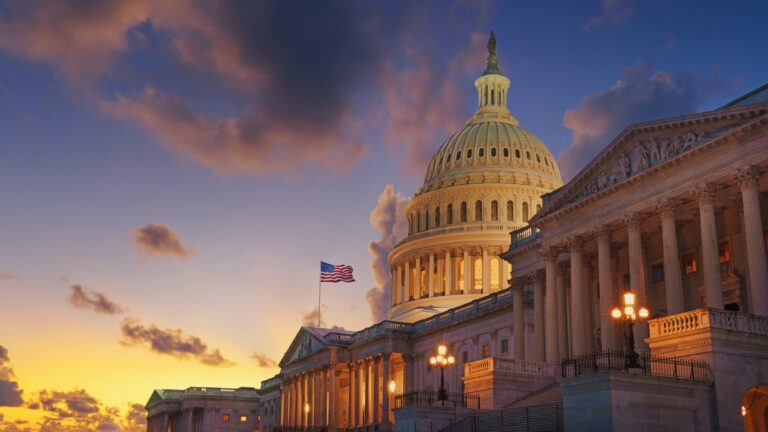🎧 Listen to This Article
Congress Considers Electric Vehicle Fees as Highway Infrastructure Funding Crisis Looms
U.S. lawmakers are intensifying discussions on imposing taxes on electric vehicles (EVs) as they seek solutions to address the mounting deficit in the Highway Trust Fund (HTF), which finances the nation’s road and transit infrastructure.
With the Senate set to hold its first hearing this week on highway reauthorization, the debate over how EVs should contribute to road funding has gained renewed urgency. The bipartisan Infrastructure Investment and Jobs Act, which injected $118 billion into the HTF, is set to expire in 2026, and Congressional Budget Office (CBO) projections indicate the fund will face a shortfall by 2028.
The Case for an EV Tax
The HTF has historically been funded primarily through fuel taxes—18.3 cents per gallon on gasoline and 24.4 cents per gallon on diesel—a model that has remained unchanged since 1993. However, with rising fuel efficiency and the growing adoption of zero-emission vehicles, revenue has dwindled, exacerbating the funding gap.
“We’ve had a lot of conversations about how EVs start to contribute to the Highway Trust Fund,” said Rep. Rick Crawford (R-Ark.), a senior member of the House Transportation and Infrastructure Committee. “There are a variety of ideas being kicked around, but I think the consensus is they need to start making a contribution.”
Legislative Proposals: Flat Fees vs. Mileage-Based Tax
Among the proposals gaining traction is the FAIR Share Act, sponsored by Sen. Deb Fischer (R-Neb.) and co-sponsored by Sen. Cynthia Lummis (R-Wyo.). The bill would impose a one-time federal fee of $1,000 on new EV sales, with an additional $550 surcharge on EVs with battery weights exceeding 1,000 pounds.
“It’s only fair that EVs contribute to the upkeep of America’s infrastructure, just like other vehicles,” Fischer said.
House Transportation and Infrastructure Committee Chair Sam Graves (R-Mo.) has advocated for a mileage-based user fee, which would tax drivers based on the number of miles traveled rather than a flat fee. While a federal pilot program was authorized in the 2021 infrastructure law, implementation has stalled due to privacy concerns and logistical challenges.
Currently, 39 states impose some form of EV tax, either through registration fees or per-mile charges.
Industry Response and Broader Tax Implications
EV industry groups acknowledge the need for a fair contribution but warn against disproportionately targeting electric cars.
“EVs didn’t break the trust fund, and crushing EVs won’t save it,” said Genevieve Cullen, president of the Electric Drive Transportation Association.
Transportation policy groups such as the American Road and Transportation Builders Association (ARTBA) and the American Trucking Association argue that any fix must address broader structural issues, including inflation-driven cost increases and stagnant fuel tax rates.
“The real problem is the unwillingness to update revenue models,” said Dean Franks, ARTBA’s vice president of congressional relations.
With the Senate Environment and Public Works Committee set to hold hearings, and Transportation Secretary Sean Duffy scheduled to present the administration’s priorities, the debate over EV taxation will be a focal point of highway funding negotiations.
What’s Next?
As lawmakers navigate bipartisan talks on the next highway funding bill, the key question remains: Should EV owners be taxed like traditional drivers, and if so, how?
The outcome of these discussions could significantly impact both the future of transportation infrastructure and the financial incentives tied to EV adoption in the U.S.
For further details, clarification, contributions, or any concerns regarding this article, please contact us at editorial@tax.news. We value your feedback and are committed to providing accurate and timely information. Please note that our privacy policy will handle all inquiries



